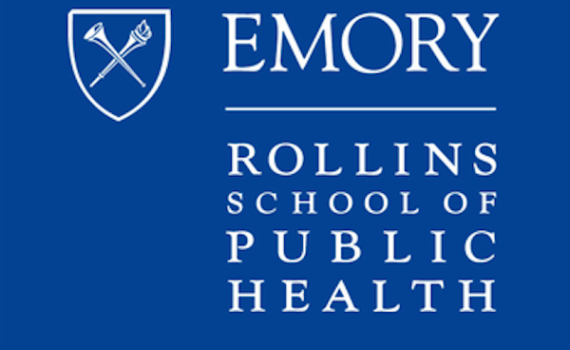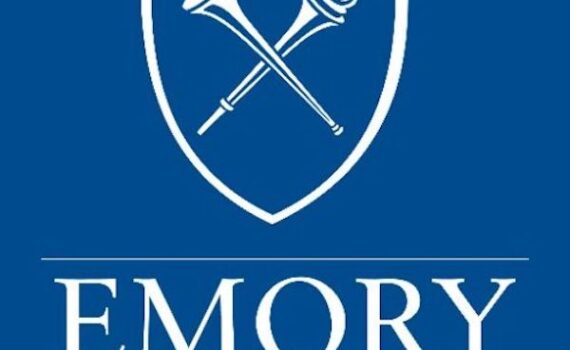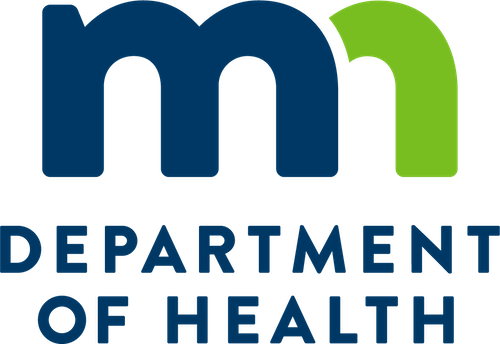Pathways to Practice Scholars Program, Region IV Public Health Training Center
Category : Student Opportunities
MPH students in Region IV: Do you have an unpaid Spring 2026 internship?
You may be eligible for a $3,500 stipend through the Region IV Public Health Training Center Pathways to Practice Scholars Program if you:
✔️ Are an MPH student at a CEPH-accredited school in Region IV (AL, GA, FL, KY, MS, NC, TN, SC)
✔️ Have secured an unpaid, public health-related internship (e.g., health department, non-profit, CBO) for Spring 2026?
📝 To apply, review, and complete the Student-Initiated Proposal form and email it to Liz Kidwell by December 15, 2025.
👉 Down the student form here: https://buff.ly/v0fe5gO
🔗 Learn more about Pathways to Practice and eligibility: https://buff.ly/OMwrbvr
Please share with students and faculty in Region IV who support emerging public health professionals!







Recent Comments